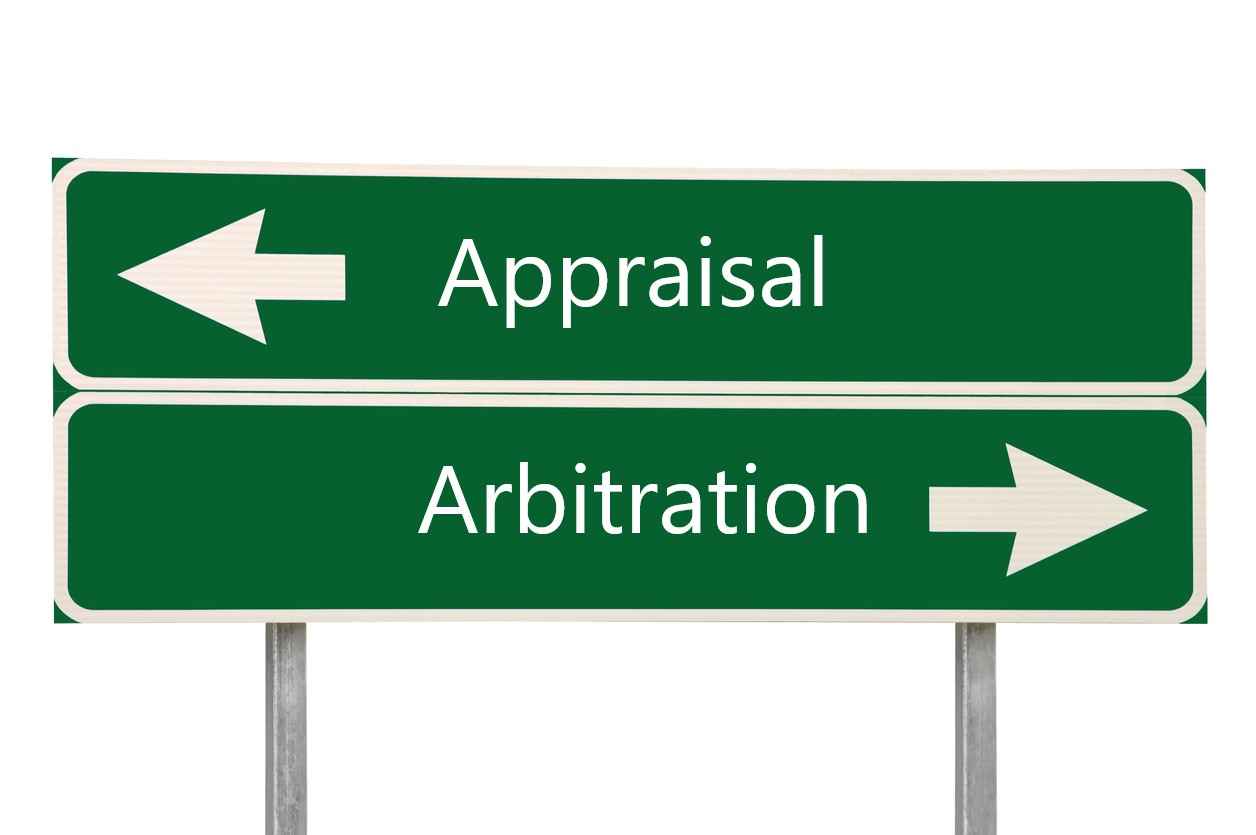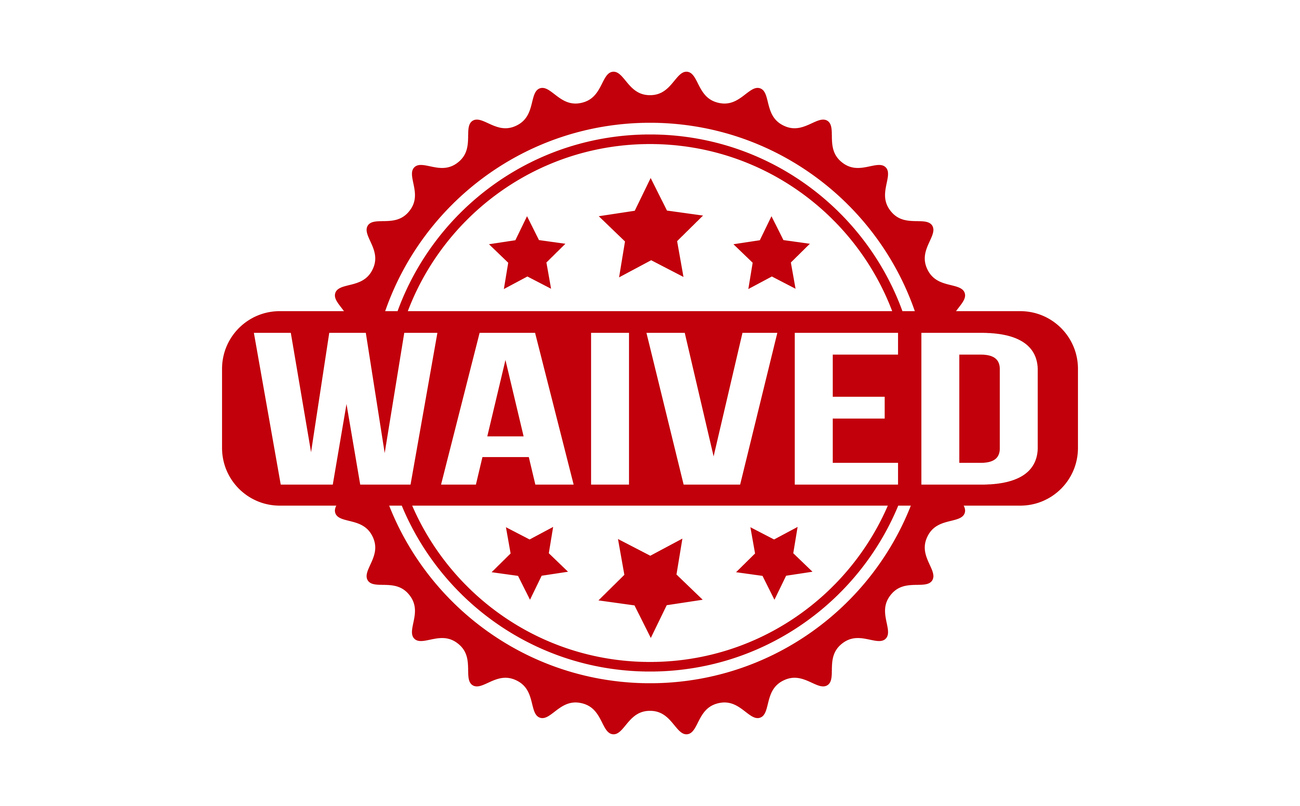The post, Can Appraisal Turn Into A Kangaroo Court, noted that a number of Connecticut courts describe appraisal as arbitration. Does Connecticut’s arbitration code determine the process of appraisal in Connecticut?
While the prior post noted a case order that the attorneys for the insurer were prohibited from contacting the panel, there is another current Connecticut appraisal case1 seemingly requiring the parties to adopt the arbitration code:
Our courts have diminished the distinction between arbitration and appraisal. See Covenant Ins. Co. v. Banks, 177 Conn. 273, 279, 413 A.2d 862 (1979)…
…
In the present case, it is undisputed that the parties entered an unrestricted arbitration involving arbitrators who were empowered to decide issues of law and fact, and that the arbitration award was confirmed by the Supreme Court….Crucially, for the purposes of res judicata, the arbitration process included issues related to the dwelling and the plaintiff’s personal property….The plaintiff and the defendant each appointed an appraiser, and the appraisers subsequently chose a neutral umpire….The umpire visited the property seven times, reviewed over 300 pages of the plaintiff’s submissions, conducted hearings with multiple witnesses, and reviewed written submissions from other experts. The Supreme Court found that the appraisal umpire ‘considered all of the evidence [the plaintiff’s appraiser] wanted to present to them.’
There is nothing in the record to indicate that the appraisal panel did not consider everything in the agreement and everything that occurred. The plaintiff could have raised the breach of contract action in the arbitration. Thus, the defendant’s motion for summary judgment as to count one of the second revised complaint is granted because there is no genuine issue of material fact that res judicata precludes the breach of contract action based on the confirmed unrestricted arbitration award.
How does one present a breach of contract action in an appraisal unless appraisal is really arbitration? If you are confused, you are not alone. For most of us in the property insurance claim business, arbitration and appraisal mean two different things.
This current case relied upon an older Connecticut Supreme Court case which stated:
One final question concerning the applicability of §§ 52- 410 and 52-411 to the present case is whether the appraisal clause in the fire insurance policy constitutes ‘a written agreement to arbitrate’….An agreement to arbitrate is as ‘[a]n agreement in any written contract . . . to settle by arbitration any controversy thereafter arising out of such contract, or out of the failure or refusal to perform the whole or any part thereof . . . .’ (Emphasis added.) In the past, courts have sometimes found a distinction between arbitration and appraisal, holding that the latter ‘is not an arbitration in the accepted legal sense of the word, because an arbitration is a method adopted to settle already-existing controversies,’ while an appraisal settles ‘questions of amount, quality, value or price which might come up during or after the performance of the contract.’…
….The normal connotation of ‘controversy’ is more than sufficient to encompass the dispute over the amount of a fire loss that triggers the appraisal procedure in the insurance contract in question. In addition, our definition of arbitration as ‘the voluntary submission . . . of an existing or future dispute to a disinterested person or persons for final determination’ is broad enough to include the appraisal clause. It is important as a matter of policy to have a device that allows one party to an insurance contract to compel compliance with the policy’s appraisal procedure when the other party is reluctant to proceed. A narrow reading of § 52-411 would unfairly allow an insurance company unilaterally to refuse to proceed with the appraisal process, thus effectively limiting the insured to an expensive and time-consuming suit on the policy for the amount of the loss. See comment, ‘Fire Insurance Appraisal Provisions: A Needed Change,’ 1 Conn. L. Rev. 168 (1968).2
Reading this older case, a strong argument could be made that appraisal in Connecticut should be treated as an arbitration.
The Connecticut courts could simply state one way or the other whether the parties should follow the arbitration code and treat appraisal as an arbitration when appraisal is demanded under a property insurance policy. Until then, I expect appraisal will be a bit of a mess in Connecticut when the stakes are high or the parties disagree about what process is fair.
Thought For The Day
Don’t just read the easy stuff. You may be entertained by it, but you will never grow from it.
—Jim Rohn
______________________________________________________
1 Kellog v. Middlesex Assur. Co., No. FST-CV16-6027990, 2022 Conn. Super. LEXIS 2258 (Conn. Super. Ct. – Norwalk Oct. 17, 2022).
2 Covenant Ins. Co. v. Banks, 177 Conn. 273, 279, 413 A.2d 862 (Conn. 1979).





